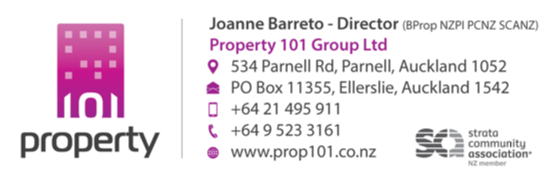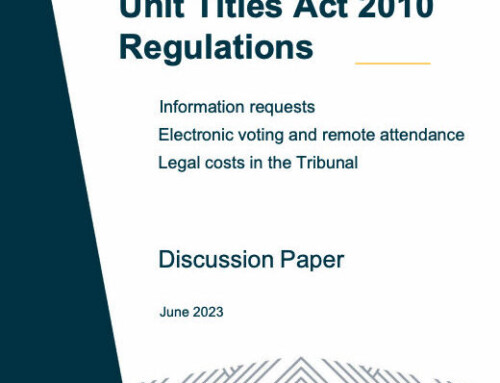
Change afoot for the Incorporated Societies Act
Well they say when it rains it pours, and having just come up for air after the Unit Titles Act Select Committee submissions, we were asked to partake in a mirrored process for the Incorporated Societies Act.
With around 24,000 Incorporated Societies in New Zealand working with in the realms of legislation from 1908, its no wonder the Law Commission commenced a review of the Incorporated Societies Act 1908 in 2010. This was largely adopted and a draft Incorporated Societies Bill was released for public consultation in 2015.
Some commonly known Societies include Southern Cross and the Automobile Association.
113 years later, we believe the most likely outcome of the current Select Committee review is a new Act for Incorporated Societies that will be much more prescriptive, provide better governance and controls, and require more active compliance for all Societies (over a transition period, currently drafted at around four years).
During the transitional period, every existing society will need to check that its constitution complies with the new requirements. Where a constitution lacks a rule required by the new statute or does not comply with the new constitution requirements, societies will need to amend their constitutions.
While generally incorporated societies register for areas such as culture, sports, recreation, education, health, social services, environmental work and religion, we are seeing more and more prevalence of the establishment of Societies as a mechanism of Common Ownership of Property, with owners compelled to become members.
This has been more common for larger developments with common facilities such as laneways or controls over larger areas, e.g. Hobsonville Point & Gulf Harbour, Then there may be further subdivisions within these larger developments, fee simple, leasehold, and unit title, and sometimes smaller societies.
Many developers use Incorporated Societies as an alternative to Unit Title Developments, (the pros and cons of each a whole different paper!) e.g. terrace house developments, subdividing these as fee simple developments, with the society owning & managing areas such as access lots, recreation areas, stormwater retention tanks etc. This may be by choice to allow for ongoing futureproofing of maintenance and quality, or through the consenting process as Councils require a mechanism for management on areas or systems they do not wish to have vested back (or the financial burden of!).
An encumbrance is registered on all titles requiring landowners to be members of the incorporated society. White many take the time to develop robust covenants, constitutions and bylaws, many don’t which can be disappointing. Similarly things are very hard to form or change after the fact, with multiple ownership.
Moving forward, we foresee issues around:
- disputes resolution
- disclosure on selling/buying
- insurance (as outlined by the insurance council article 27.01.21)
- consumer protection and understanding, &
- maintenance and consistency in developments
While these areas are often (& more commonly) being addressed in Constitutions and bylaws/rules, this is dependent on having the right team behind you during the set up, and we really have seen all sorts! Purchasers having a sound understanding of what they are buying into through due diligence, is also an important piece of the puzzle.
We submitted an endorsement in support of the Auckland District Law Societies paper which can be found here, and will continue to monitor as things progress, with the Select Committee report due in October 2021.







